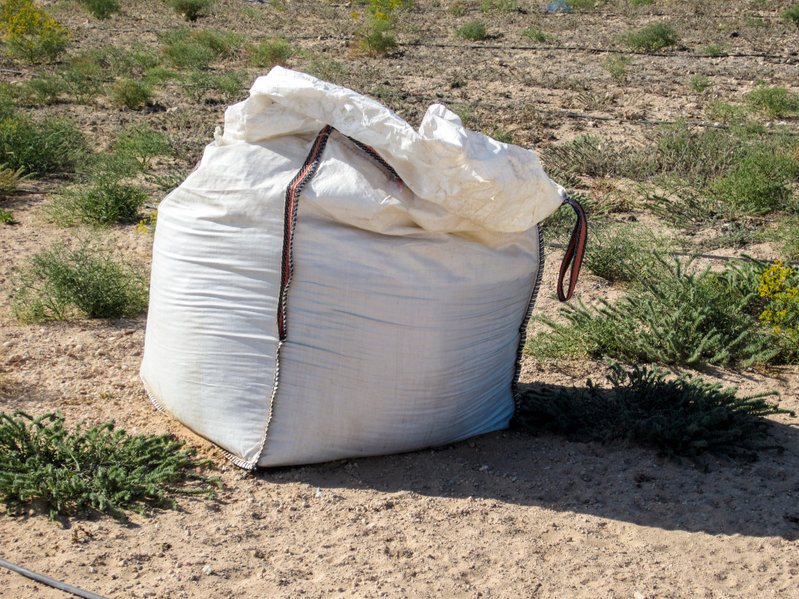
Easing inflation can now be seen across key agricultural inputs such as fertiliser, energy and feeds, according to new AHDB analysis.
Farmers have seen significant volatility particularly in agriculture input prices over the last few years, but this is now steadying, the levy board says.
The Agricultural Price Index (API) reflects the change in the price farmers have paid for goods and services in relation to the base year of 2020.
In July, the API for all agricultural inputs fell to the lowest figure seen since December 2021, although it still remains elevated on 2020.
In a new update on the issue, AHDB says easing inflation can now be seen across key inputs such as fertiliser, energy and feeds.
With a much more stable picture in terms of farm input costs, it says this may begin to feed through into farmer confidence and planning.
"In July, the overall API for all agricultural inputs was the lowest it has been since December 2021," said Becky Smith, AHDB analyst.
"Following some extremely high input prices in 2022, linked to the Russia-Ukraine conflict, we have seen this figure easing back over the last year to levels much closer to 2021.
"The high input costs off the last couple of years weighed heavily on farmer confidence and affected decision making across all sectors, with some opting to scale back or cease production as a result of high costs putting a strain on margins."
She asked: "Now, with input costs appearing to stabilise, will we witness a change in sentiment through production figures or will other market factors take greater effect?"
Fertiliser price inflation continues to ease, back 5.7% on the same point of last year, although maintaining a premium to historic figures, according to AHDB.
There has been stability in British fertiliser prices through 2024, with UK AN sitting at £338/tonne in August.
Ms Smith said: "In the past, we have observed changes in fertiliser application rates, as higher prices forced both farmers and the market to adapt.
"The more stable fertiliser price may have given confidence to allow farmers to plan their fertiliser strategy to maximise efficiencies in the first half of the year.
"However, rising natural gas prices have created some concern that we may see this translated through to increases in fertiliser prices over the coming months."
Other key inputs have also seen decreases in inflation, with energy and fuel back 4.5% in July, compared the same month of the previous year.
Straight feedstuffs were back 12.4% year on year, whilst compound feedstuffs recorded a 7.7% fall on the year.
